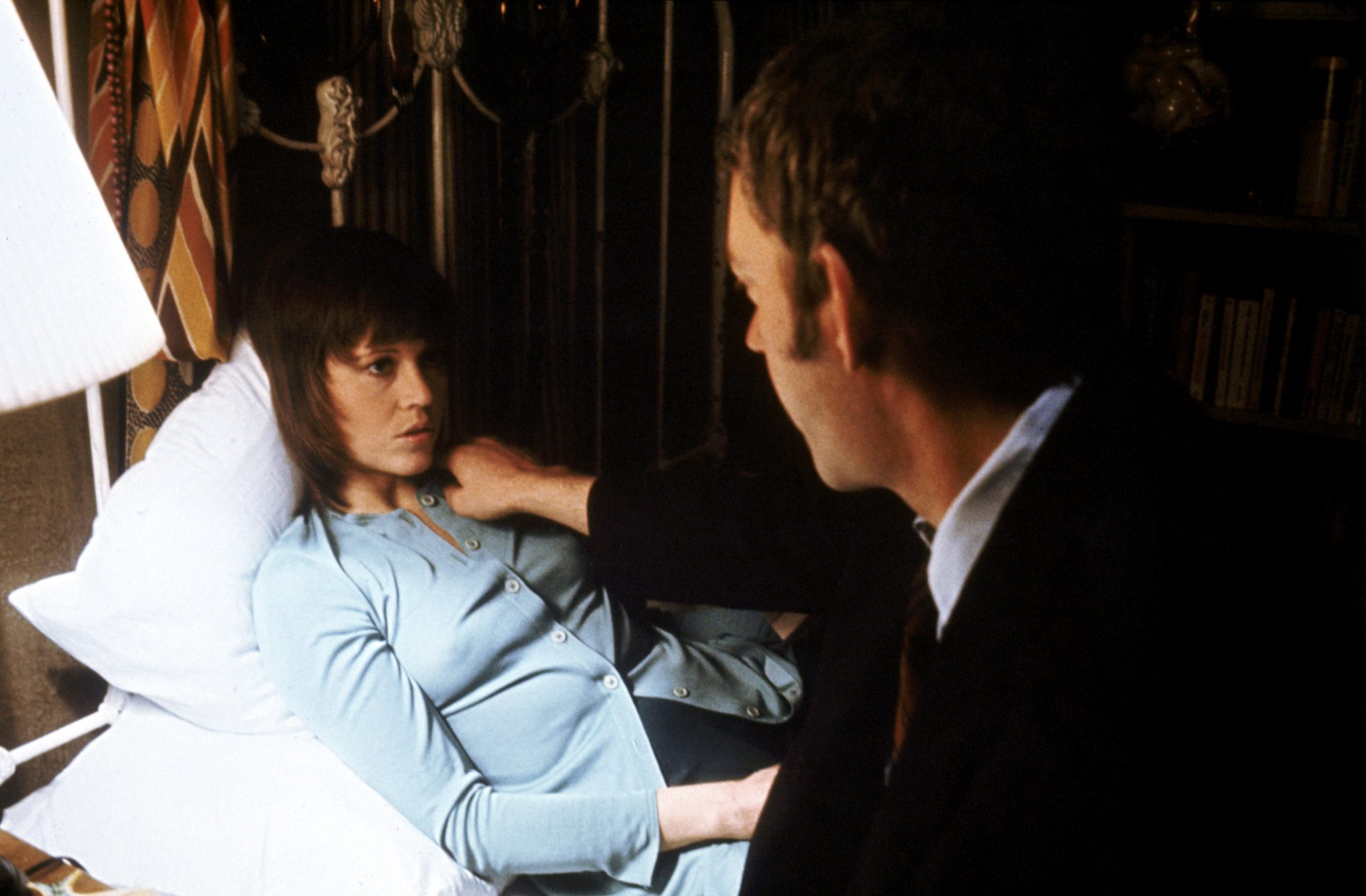Alan J Pakula /USA /1971 /114 min
The 1970s were a wholly formative decade in modern cinema, an era famed not only for its experimental nature, but in the ways it adapted older cinematic styles into new forms. One of the defining artists of that time was certainly Alan J Pakula, whose take on the modern thriller cemented the style of the genre in American cinema forever.
Klute marks his first foray into the genre, and forms loosely what would become the first of his “paranoia trilogy”, each segment of which deals with themes of unwitting observance, power imbalances and, unsurprisingly, paranoia. But unlike The Parallax View and All The President’s Men, Klute concerns itself with a missing person’s investigation and the relationship between a call girl and the investigating detective.
The story is a fairly simple play on a classic film noir premise. Detective John Klute (Donald Sutherland) travels from Pennsylvania to New York to find out what happened to his missing friend, Gruneman. His only clue is an angrily abusive typed letter in Gruneman’s desk addressed to a call girl named Bree Daniels (Jane Fonda). Once he meets and questions her, the pair slowly circle each other with equal amounts of fascination, trepidation and competitive power-play. All the while, Bree shows him the darker underbelly of New York, as together they plumb the depths of the mystery.
There’s something of an irony in the title of the film being Klute, considering that the story in every sense regards him almost as a secondary character. This is absolutely Bree’s tale, and it’s not surprising that there was an Oscar gong for Fonda’s turn as the savvy high-class hooker. She runs the absolute gamut of emotions and performances during the run-time; most notably, perhaps, in a herculean long take of her falling apart emotionally, going from strongly confident to shaking and awash with tears and snot.
There are many scenes that exist simply to showcase the mercurial nature of Bree, her constantly shifting personality with different clients and ability to toy with men. But at times this is occasionally offset with scenes of her at her therapist baring her soul and seeking meaning in her life. At others, the film overlays a recording of her with a client, the significance of which becomes apparent later on.
The trouble with Klute is that aside from Fonda’s performance, there is something decidedly lacking in the film. The mystery side of the story is given away early, in what feels like a lack of confidence in the audience. On top of that, there are strange tonal shifts when the film wants to highlight the budding romance between Bree and Klute, complete with obnoxious saxophone music.
It’s still a fascinating film to watch, and has an important place in film history both as a thriller and an inversion of film noir. To that end, it’s worth seeing for Fonda’s acting, as well as the digital restoration, which is on a par with the usual Criterion quality, while still retaining the grainy look of the original film stock.
Available on Blu-ray from Mon 19 Aug 2019
